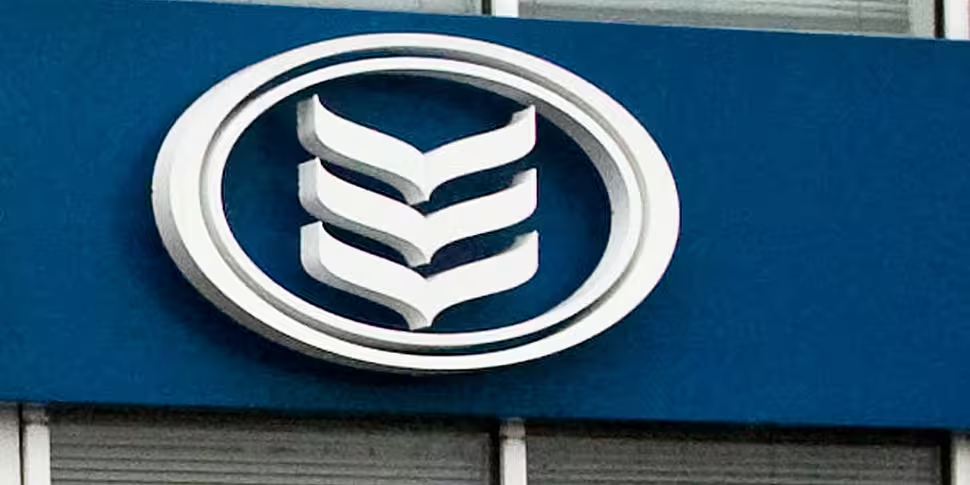It has now been the bones of a working week since leaked documents, published by the Irish Times, raised questions over the involvement of Fine Gael strategist and Rehab chief executive Frank Flannery with a British Virgin Islands (BVI) company, wherein funds were allegedly used as part security for a mortgage secured by Mr Flannery in London in the mid-1990s.
Mr Flannery says he’s never heard of the BVI company and was never aware of the existence of any such security agreement in relation to his mortgage agreement.
There was an implication by Mr Flannery on Monday when the leaked Panamanian documents emerged that he would revert with a further clarifying statement on the issue within days, but he yet to issue said communication.
However, there was another party to this alleged transaction: a corporate party that cannot claim, as Mr Flannery has done, to know nothing about the BVI company cited in the leaked documents; and a party that so far has not made any on-the-record statement about the controversy. That party is Bank of Ireland.
BREAKING: The #PanamaPapers - Politicians, Criminals and the Rogue Industry That Hides Their Cash https://t.co/LDcslHoLAb
— ICIJ (@ICIJorg) April 3, 2016
Mr Flannery himself has acknowledged that he secured the mortgage for his Primrose Hill home from Bank of Ireland Private Banking in London in 1996.
But according to the leaked documents, Joe Holden, a senior manager at Bank of Ireland Private Banking who is named in The Irish Times report, subsequently wrote to Mr Flannery and his wife outlining that the Bank, in addition to the security detailed in the original letter of offer, was going to rely on a third party security interest agreement "to be provided by the trustees/directors of an offshore company domiciled in Jersey, in the amount of £250,000".
The BVI company was established a short time later, at the request of a company secretarial services firm in Jersey. The leaked files indicate this company registered its guarantee of the mortgage loan in an account it had with the Bank of Ireland in Jersey, and include a copy of an apparent guarantee between Bank of Ireland and the BVI Company in relation to the loan, signed and stamped by the company.
The leaked documentation also includes an apparent letter to the Bank of Ireland in Jersey and directing that the BVI company’s account should be re-designated to the Bank’s name and that from that time forward, only the Bank could issue instructions in relation to the account.
Questions
Newstalk called Bank of Ireland for a response to the leaked documentation earlier this week, and was told that they "never comment on the details of our customer relationships".
But is this response sufficient in terms of the details alleged by the leaked documentation and by an organisation in which the taxpayer still holds a 13% shareholding?
Is hiding behind customer confidentiality enough in this instance, given the apparent implications of the leaked information and the contradiction between Mr Flannery’s publicly-held position and the documentation apparently signed by a senior Bank executive?
I don’t think so, and believe the leaked documents raise at least the following questions that should be addressed publicly by the bank.
1. Mr Flannery says he knows nothing about the BVI company or the alleged use of funds within that company to provide part security for his then London home. Why then, did a Bank of Ireland senior manager apparently sign a document that purports to inform Mr Flannery and his wife of these details?
2. If the Bank is not able to explain this apparent contradiction, has it asked that senior manager, Joe Holden, to account for it? And if not, why not?
3. What links did Bank of Ireland Jersey have with the BVI company, and what measures were taken by Bank of Ireland employees there and in Private Banking to ascertain the beneficial ownership of any such account and the origin and tax status of any funds it contained?









